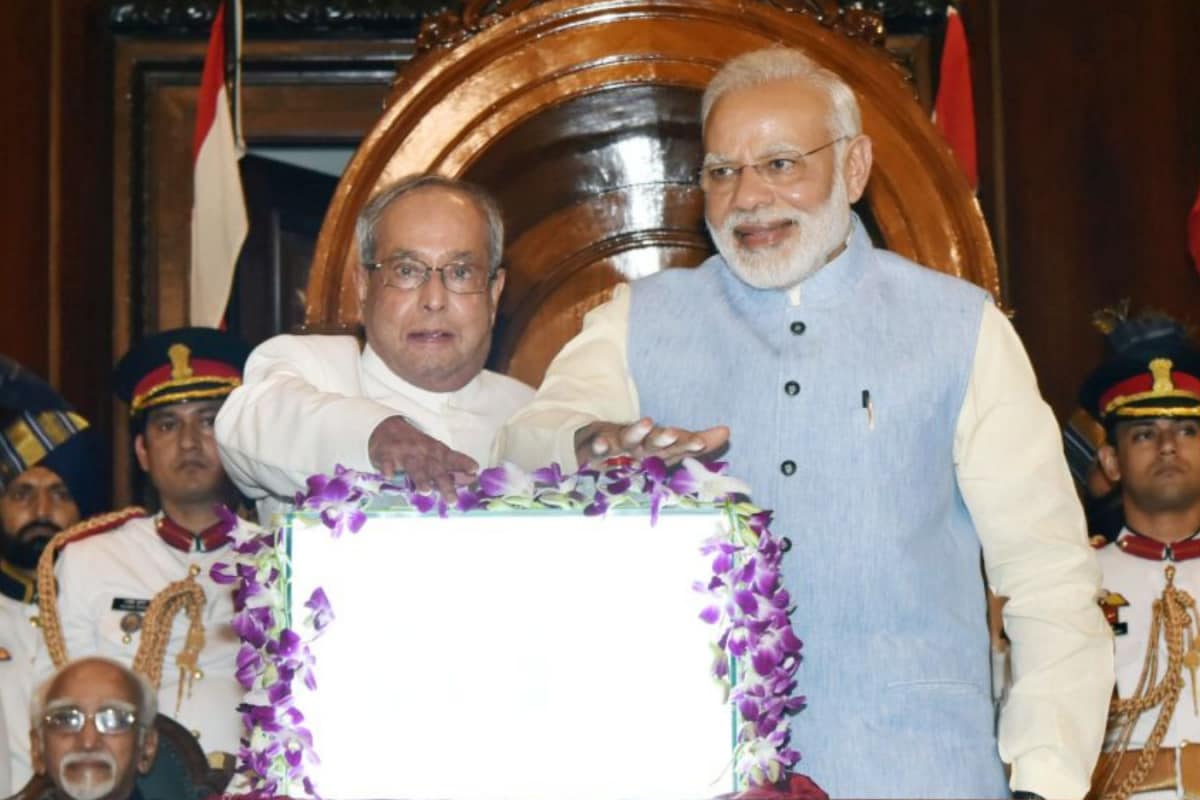On July 1, 2025, the Goods and Services Tax (GST) completes its eighth year in India. Since its implementation in 2017, GST has been hailed as a landmark economic reform and a "path-breaking legislation for New India" by Prime Minister Narendra Modi. GST has replaced a complex web of indirect taxes with a unified system, aiming to simplify tax compliance, reduce costs for businesses, and facilitate the free movement of goods across states.
GST: A Transformative Journey
GST was introduced to eliminate the cascading effect of taxes, a situation where taxes are levied on taxes, thereby increasing the overall tax burden on goods and services. By subsuming various indirect taxes such as excise duty, service tax, and Value Added Tax (VAT), GST created a single, unified tax system across the country. This has not only simplified the tax structure but also made it more transparent and easier to administer.
The GST Council, comprising representatives from the Union and State governments, plays a crucial role in shaping and guiding the implementation of GST in India. The council determines the GST rates, which currently include four main slabs: 5%, 12%, 18%, and 28%. Special rates of 3%, 1.5%, and 0.25% are applicable to certain goods like gold, silver, and diamonds. Additionally, a GST Compensation Cess is levied on select items like tobacco products, aerated drinks, and motor vehicles to compensate states for any revenue loss resulting from the GST transition.
Key Benefits and Impact
GST has brought about several positive changes in the Indian economy:
- Increased Tax Collection: In the fiscal year 2024-25, gross GST collections reached a record ₹22.08 lakh crore, showcasing a year-on-year growth of 9.4%. The average monthly collection stood at ₹1.84 lakh crore, a significant increase from ₹95,000 crore in 2020-21. This rise indicates improved tax compliance and the growing formalization of the economy.
- Expanded Tax Base: The number of active taxpayers has surged, with over 1.51 crore GST registrations as of April 30, 2025. This expansion of the tax base has strengthened India's fiscal position and made indirect taxation more efficient and transparent.
- Ease of Doing Business: GST has reduced the complexities of the tax system, making it easier for businesses to operate across state borders. The elimination of multiple indirect taxes and the introduction of a unified system have reduced administrative overhead and fostered inter-state trade.
- Supply Chain Efficiency: Companies have been able to optimize their supply chains and reduce logistics costs due to the removal of state border check posts and the simplification of tax procedures. The introduction of e-way bills has further streamlined the movement of goods, leading to improved transportation times.
- Consumer Benefits: The average tax rates have come down under GST, leading to a reduction in the overall tax burden on goods. A study by the Finance Ministry suggested that consumers have saved at least 4% on their household monthly expenses after the implementation of GST.
Recent Developments and Amendments
The GST framework is continuously evolving to address challenges and enhance compliance. Several amendments have been made to the GST rules and regulations, including:
- Mandatory Multi-Factor Authentication (MFA): To enhance security, all taxpayers are now required to implement MFA when accessing GST portals.
- Restrictions on E-Way Bill Generation: Restrictions have been placed on E-Way Bill generation to curb fraudulent practices.
- Mandatory ISD Registration: Businesses receiving common input service invoices for multiple branches are now required to register as Input Service Distributors (ISD).
- GST Waiver Scheme: Businesses that have cleared all tax dues up to March 31, 2025, may be eligible for a GST waiver under schemes SPL01 or SPL02.
- Time-barred GST Returns: Starting July 2025, GST returns will be time-barred after three years from the due date, impacting filings like GSTR-1 and GSTR-3B.
These amendments aim to streamline GST compliance, enhance tax processes, and ensure a more robust taxation system.
GST has not only transformed India's indirect tax system but has also played a significant role in the country's economic growth and development. By fostering a more integrated, efficient, and transparent tax environment, GST has laid the foundation for a stronger and more competitive Indian economy.

